News
Stay up to date on all the latest happening at Extension!
Latest News
-
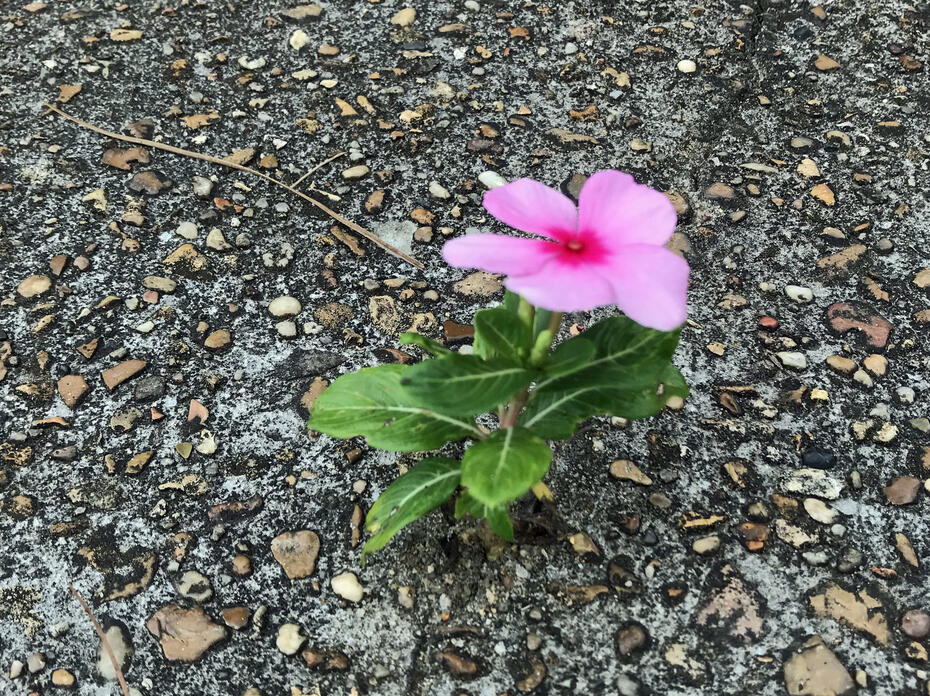
Vincas’ ability to thrive make them garden greats
Sometimes, the most powerful examples of plant resilience do not come from cultivated garden beds, but from the cracks in the pavement. Vinca, also known as Madagascar periwinkle, is one of those humble garden plants that quietly earn your admiration for its beauty and sheer will to thrive.
-
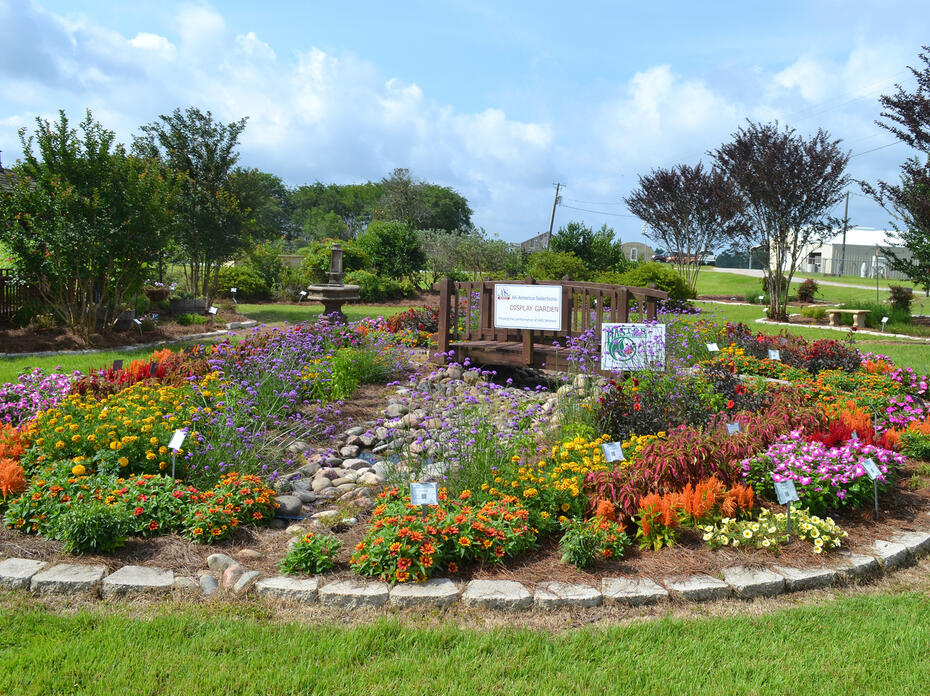
Master Gardeners maintain a beautiful MSU garden
During a recent visit to the Mississippi State University South Mississippi Branch Experiment Station in Poplarville, I had the pleasure of exploring the beautiful display garden created and maintained by the Pearl River County Master Gardeners.
-
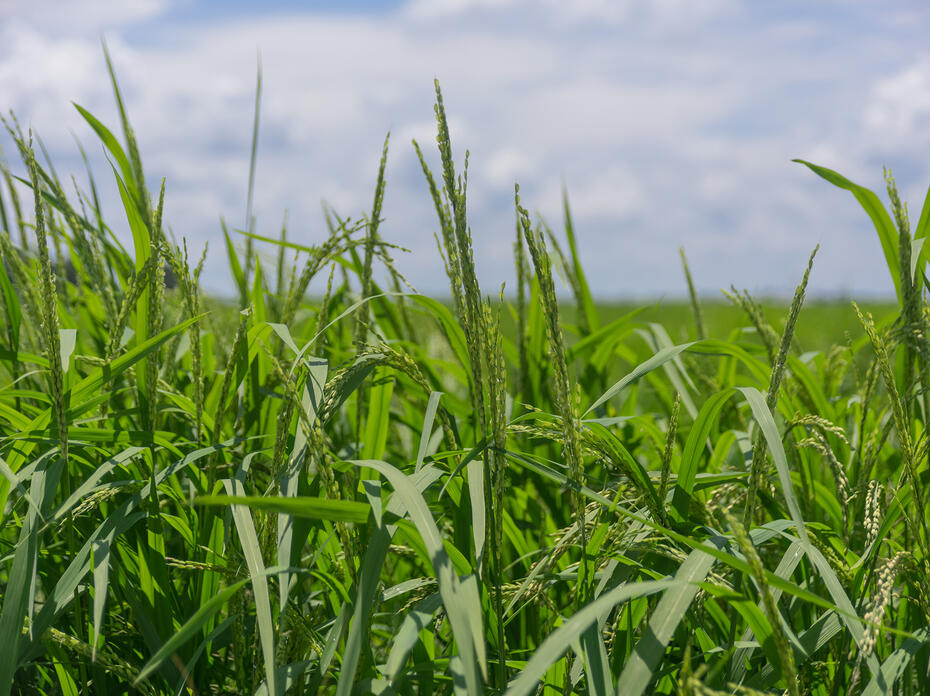
H.R. 1 updates farm policy programs
-

H.R. 1 cuts to SNAP defund SNAP-Ed
-

Prison horticulture classes develop employable skills
A few of the people employed in various aspects of the green industry in Mississippi learned their skills while incarcerated at the East Mississippi Correctional Facility in Meridian.
The facility, like many in the state, offer the men housed there several educational opportunities that will provide avenues of gainful employment upon their release. In Meridian, Tammie Jennings teaches a horticulture class for inmates and calls upon the Mississippi State University Extension Service on occasion for support.
-
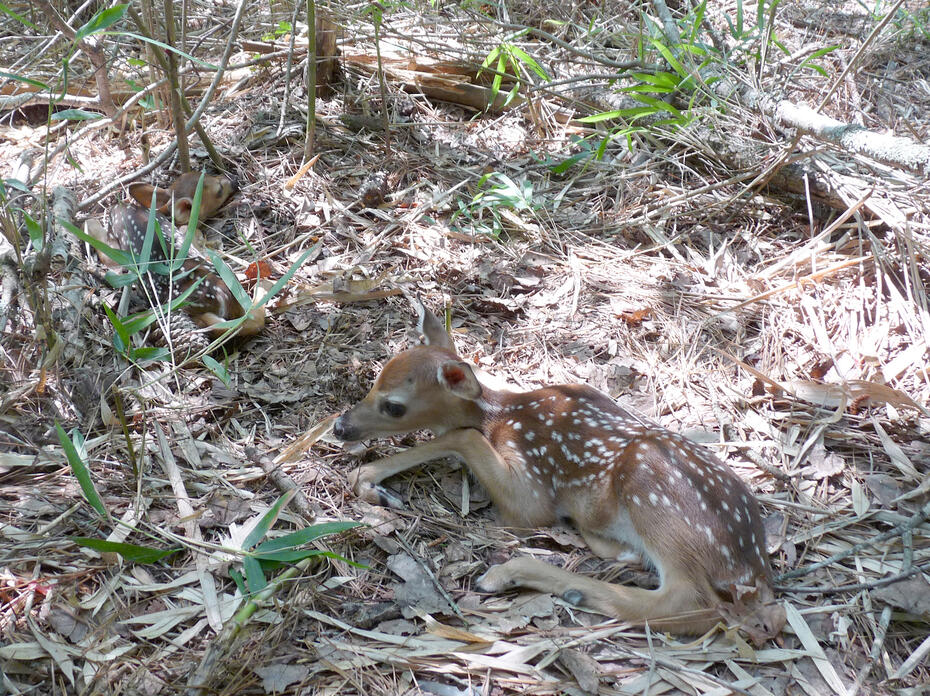
Leave the fawns alone
-
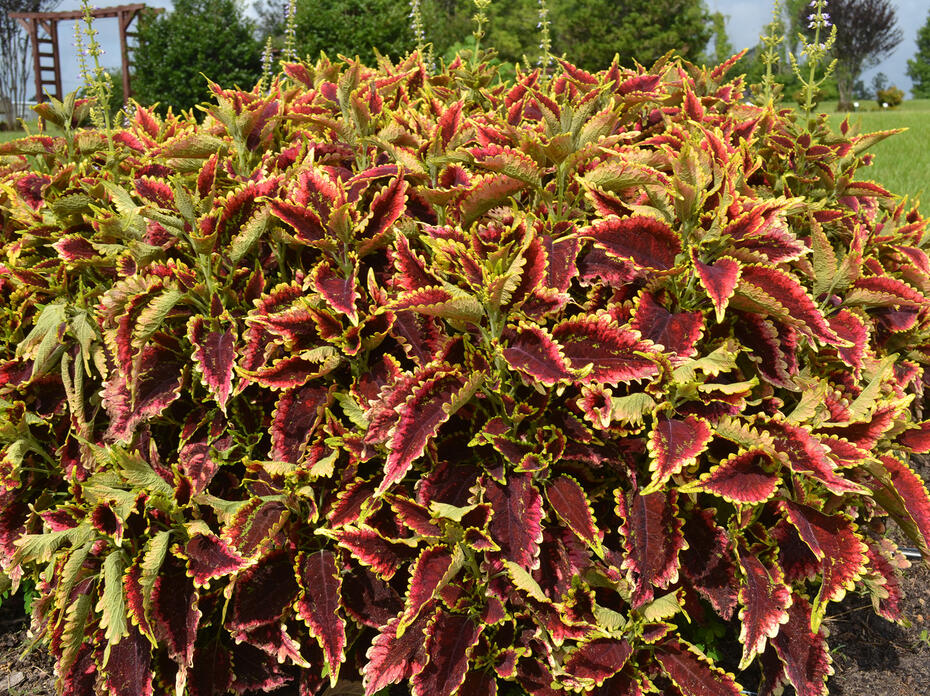
ColorBlaze coleus make a big, reliable garden impact
Coleus are often used in the background for foliage, but I think they deserve attention for their bold foliage and personality.
-
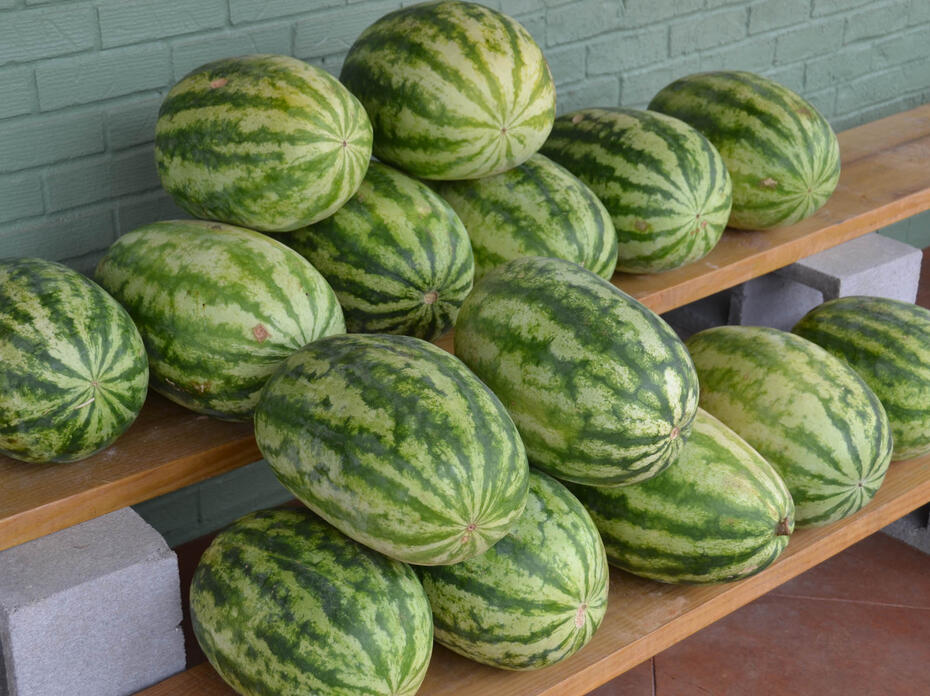
Weather dampens hopes for good watermelon crop
RAYMOND, Miss. -- Mississippi’s watermelon producers face a tough year as summer rains diminish what they had expected would be a good crop.
-
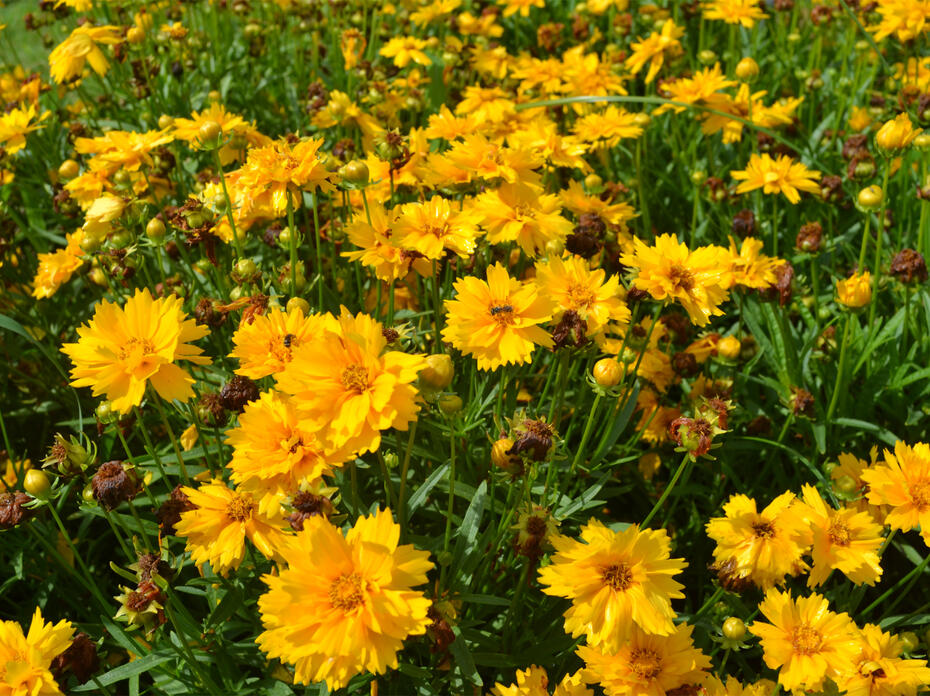
Coreopsis are colorful and low-maintenance in gardens
Coreopsis, our state wildflower here in Mississippi, is getting the spotlight it deserves at Mississippi State University’s South Mississippi Branch Experiment Station in Poplarville.
During a recent visit to their trial gardens, I had the chance to check out several varieties currently being evaluated.